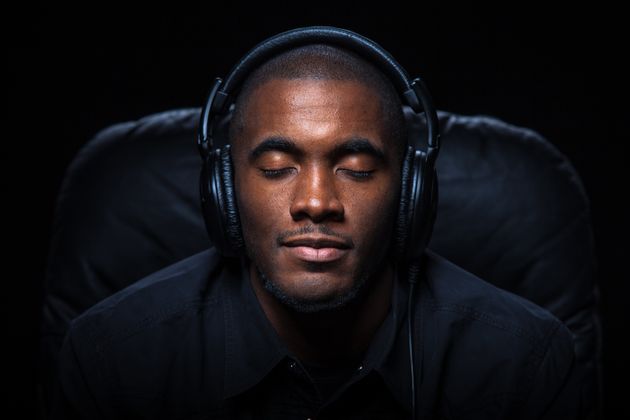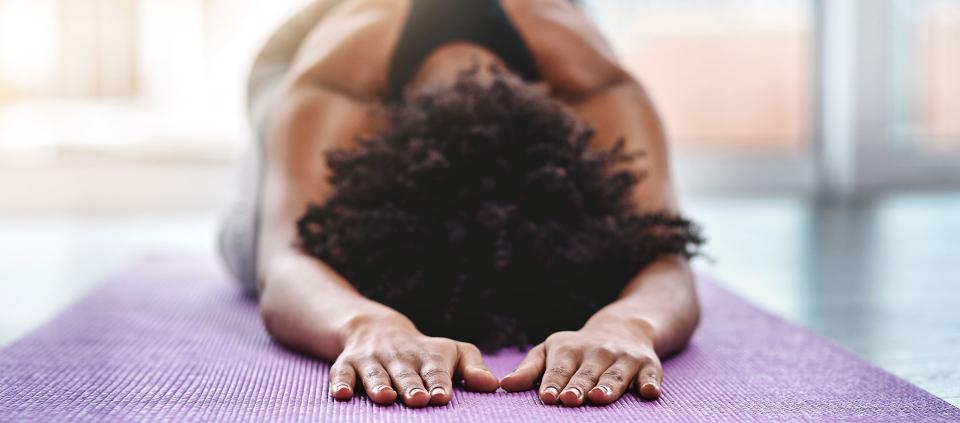This article, the first of a series, is the beginning of my attempt to codify prevailing Black Liberation strategies into a simplified blueprint emphasizing the parallel work of personal transformation and collective Liberation. As the movement for Black lives continues to intensify across the globe, with my beloved Nigeria taking center stage in recent news, the need for a universal strategy feels more urgent than ever.
Amos Wilson’s Blueprint for Black Power provides the most comprehensive strategy of which I’m aware, and is a must-read for anyone who considers themselves a movement leader. My series will begin to distill some of what he so brilliantly explicated in his 800+ page treatise (I’m still reading it), but is as much inspired by other architects of Black nationalist thought and by contemporary movements happening across the Black entrepreneurial and creative worlds.
Worldmaking & Self Determination
In my research at Cambridge, I study worldmaking through cultural production, thus exploring the ways in which cultural producers are determining the future of the Black world. I am curious about the socioeconomic and cultural impacts of the Black creative class across the transnational elite. I will also be documenting their personal histories in order to understand the ways in which neocolonialism expresses itself through their journeys, and inspires their work. In doing so, I’m engaged in what old school white academics have called me-search. I am studying people with whom I identify, and whose work parallels my own. In researching actual changemaking, I’m excited to have the opportunity to break with tradition.
Academia is traditionally not concerned with research empowering the oppressed to build new realities for themselves. I love the tweet below as a succinct interpretation of the practice of most academics.
Personal Contributions
My contributions will be in the company of many other contemporary Black scholars who are no longer researching for research’s sake, but to effect real and permanent change on the African continent and in the Black Diaspora. Because we are researching to effect change in the communities of which we are a part, our own needs as individuals naturally become central to our process, giving us new understandings of the questions we seek to answer.
As a de facto member of the transnational elite, who was raised very working class, I have always considered it my responsibility to use all my talents and resources in service of the advancement of Black people. Like many Black folk unaware of our internal oppressor, I have allowed this longtime obsession with nation building to justify the relegation of my own wellbeing. This led to cycles of illness, poverty, depression and other suffering mimicking the same realities of inequality I study in others–cycles which have at times completely upended my ability to contribute to the making of a new world.
A New Blueprint

Ultimately, as I’ve had to learn from the healers who have supported me on my journey, worldmaking and liberation are about liberating individuals, not a cohesive block of indistinguishable masses. Thus, my biggest contribution to the Struggle is to liberate myself. In embarking on a serious journey to undo the violent traumas that I have embodied and survived, I am ending my personal cycle of intergenerational trauma, giving myself and my daughter the tools to flourish unabashedly, and empowering everyone around us to do the same.
By codifying what my immediate community is doing–which is also visible across many pockets of Black millennials–I hope to provide a reference point for others seeking to do the same: a framework for Liberation that provides immediate individual benefits and long-term collective transformation. The core then, of worldmaking, is the making of oneself in an image of comprehensive wellbeing so potent that it influences the remaking of others.
In order to keep this at a readable length, I will summarize the framework as I currently understand it, then provide in-depth reflections on the specific areas in future articles.
Mental Health & Liberation

Thanks in large part to Covid, we are in an era in which Black mental health is being prioritized by institutions and thought leaders across disciplines and across industries. We as individuals are prioritizing our mental health more than ever before. But mental health does not begin and end with therapy, meditation, the acknowledgement of severe imbalances and the treatment for those imbalances.
I like the WHO’s definition of mental health, which includes “subjective well-being, perceived self-efficacy, autonomy, competence, intergenerational dependence, and self-actualization of one’s intellectual and emotional potential, among others”.
In order for us to see sustainable social, political and economic outcomes for Black people across the globe for the next 100+ years, efforts towards the full restoration of Black mental health must include the following:
- In-depth trauma healing resulting in an immovable sense of self-worth
- A complete re-education of the “Negro”, for thriving rather than surviving
- The cultivation of personal responsibility for one’s liberation and to support collective liberation
- A re-centering of the Black woman’s feminine power, with some emphasis on Black mothers
- Cultivation of healthy personal relationships–platonic, romantic, and business
- Economic integration with others in Black industry
- A healthy relationship with nature, including a healthy appreciation for every aspect of our cosmos and natural environment
These are the specific tactics that I personally am using, and which I have observed in use by others engaged in the work of self and collective liberation. As we liberate ourselves individually and collectively, we must accept that any efforts at Black empowerment that do not incorporate personal transformation, trauma healing as part of a mental health agenda are bound to repeat past cycles of intra-racial enmity, and perpetuate internalized European anti-Blackness, self-hatred, greed and inhumane capitalism. In future pieces I will highlight some of the platforms, persons and institutions documenting progress through the use of these tools.
I’ll leave you with a quote from Dr. Amos Wilson:
“Afrikan consciousness will realize its full power, second to none, when it dedicates itself exclusively to the advancement and satisfaction of Afrikan interests before all others; when it bases its organization on a realistic and truthful knowledge of Afrikan history and culture...when it acquires a solid and courageous knowledge of reality, and self; when it becomes determined to achieve self-control, high self-esteem; when it achieves self-acceptance, and develops its ability to form more affirmative, affectionate, cooperative intragroup relations; when it produces to and for its own satisfaction.” ( Amos Wilson, Blueprint for Black Power, p. 99 )
Are you using any of these tools? If so, please feel free to share how they are working for you below in the comments!
By making purchases through affiliate links on our site, you are funding our part of the Revolution.
